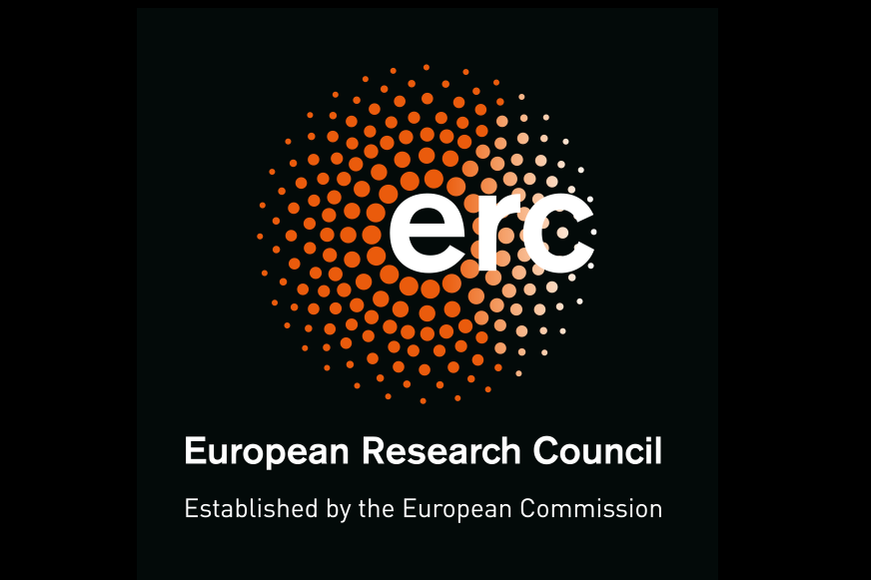ERC Advanced Grant PROVASC
MOLECULAR MECHANISMS OF NOVEL GENES ASSOCIATED WITH PLASMA LIPIDS AND CARDIOVASCULAR DISEASE
➤ Professor Dr. med. Christian Weber, Director of IPEK and Chair in Vascular Medicine at LMU has been awarded his second ERC Advanced Grant.
This ERC Grant entitled PROVASC is an exceptional distinction for Weber, who is one of the few researchers to receive the honor of a second award in the course of his career to date. Atherosclerosis is a major cause of morbidity and premature death in modern societies, and the principal goal of all of Christian Weber’s research is to contribute to our understanding of this condition and to identify new drug targets opening up new routes more effective and personalized treatment.
Weber analyzes the molecular mechanisms involved in the pathogenesis and progression of the disorder. Commonly known as hardening of the arteries, atherosclerosis is primarily characterized by the development of fatty deposits on the inner surfaces of major blood vessels, which provoke chronic inflammation that leads to obstruction of blood flow. In his first ERC Advanced Grant, entitled “Atheroprotect”, he studied the role of pro-inflammatory signal proteins which control the immune response that initiates the inflammation process and hampers its timely resolution. The title of his new ERC project is PROVASC, which will be devoted to elucidating the mechanisms responsible for “cell-specific vascular protection by CXCL12/CXCR4”. CXCL12 is a signal protein which binds to the receptor CXCR4, which in turn activates a particular homeostatic signal pathway. Moreover, studies of genetic variation in human populations have indicated that this pathway can protect the vasculature against atherosclerosis. Weber plans to characterize the downstream signal relay and elucidate the basis for its ability to reduce the risk of developing atherosclerosis. To this end, he will investigate the effects of defined genetic risk variants on the activity of the CXCL12/CXCR4 pathway, and explore ways of modulating its action in a targeted fashion. Interestingly, so-called microRNAs – short RNA fragments that are involved in regulating the synthesis of specific proteins – have been implicated in the pathway and offer possible targets for new therapies.
